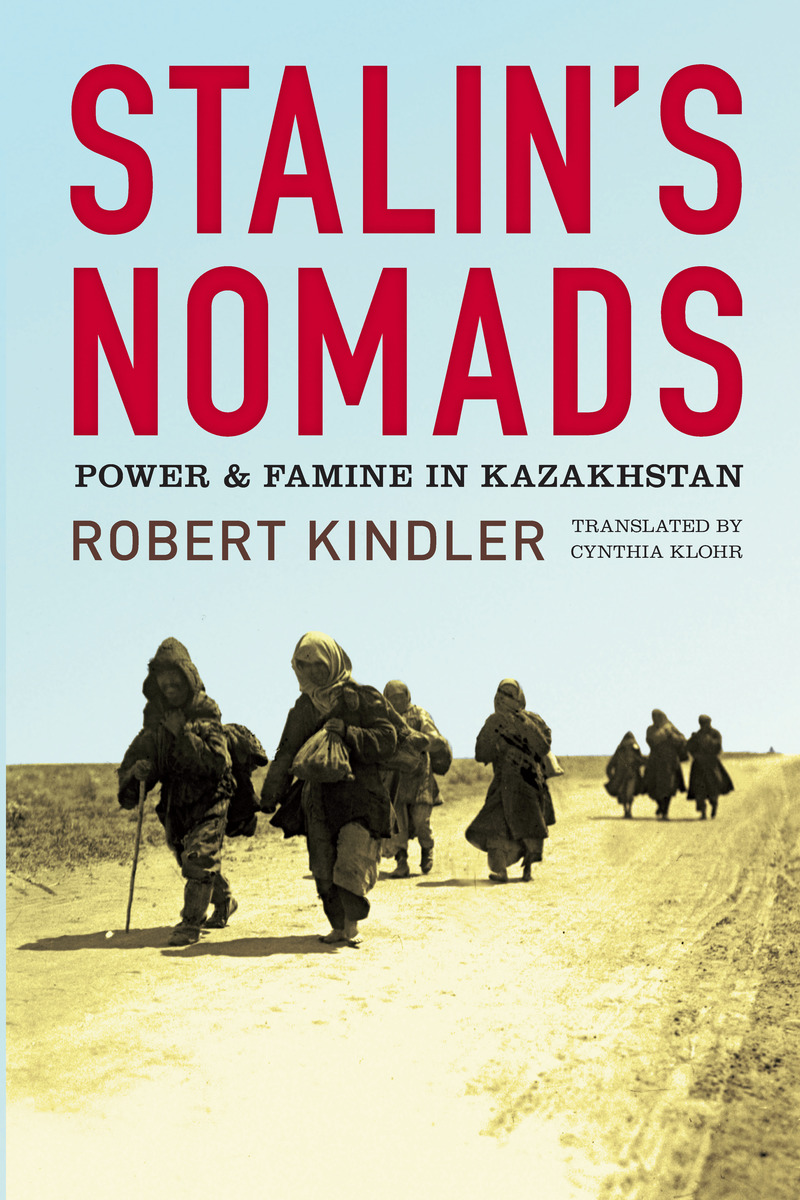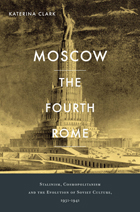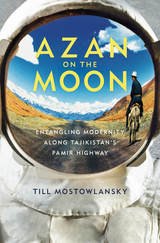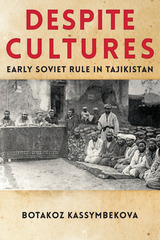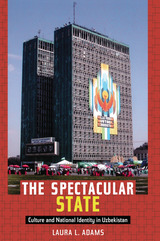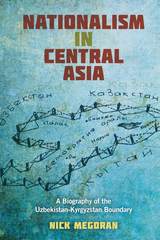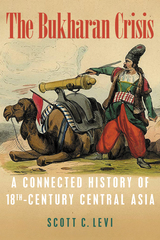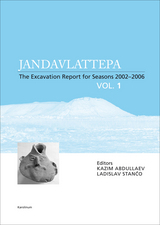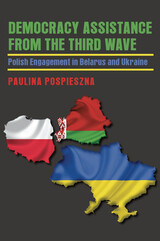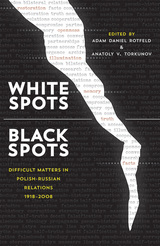Stalin's Nomads: Power and Famine in Kazakhstan
University of Pittsburgh Press, 2018
Paper: 978-0-8229-6543-5 | eISBN: 978-0-8229-8614-0
Library of Congress Classification DK908.8618.K56 2018
Dewey Decimal Classification 958.450842
Paper: 978-0-8229-6543-5 | eISBN: 978-0-8229-8614-0
Library of Congress Classification DK908.8618.K56 2018
Dewey Decimal Classification 958.450842
ABOUT THIS BOOK | AUTHOR BIOGRAPHY | REVIEWS | TOC | REQUEST ACCESSIBLE FILE
ABOUT THIS BOOK
Robert Kindler's seminal work is a comprehensive and unsettling account of the Soviet campaign to forcefully sedentarize and collectivize the Kazakh clans. Viewing the nomadic life as unproductive, and their lands unused and untilled, Stalin and his inner circle pursued a campaign of violence and subjugation, rather than attempting any dialog or cultural assimilation. The results were catastrophic, as the conflict and an ensuing famine (1931-1933) caused the death of nearly one-third of the Kazakh population. Hundreds of thousands of nomads became refugees and a nomadic culture and social order were essentially destroyed in less than five years.
Kindler provides an in-depth analysis of Soviet rule, economic and political motivations, and the role of remote and local Soviet officials and Kazakhs during the crisis. This is the first English-language translation of an important and harrowing history, largely unknown to Western audiences prior to Kindler’s study.
Kindler provides an in-depth analysis of Soviet rule, economic and political motivations, and the role of remote and local Soviet officials and Kazakhs during the crisis. This is the first English-language translation of an important and harrowing history, largely unknown to Western audiences prior to Kindler’s study.
See other books on: 1925-1953 | Central Asia | Famine | Famines | Nomads
See other titles from University of Pittsburgh Press
